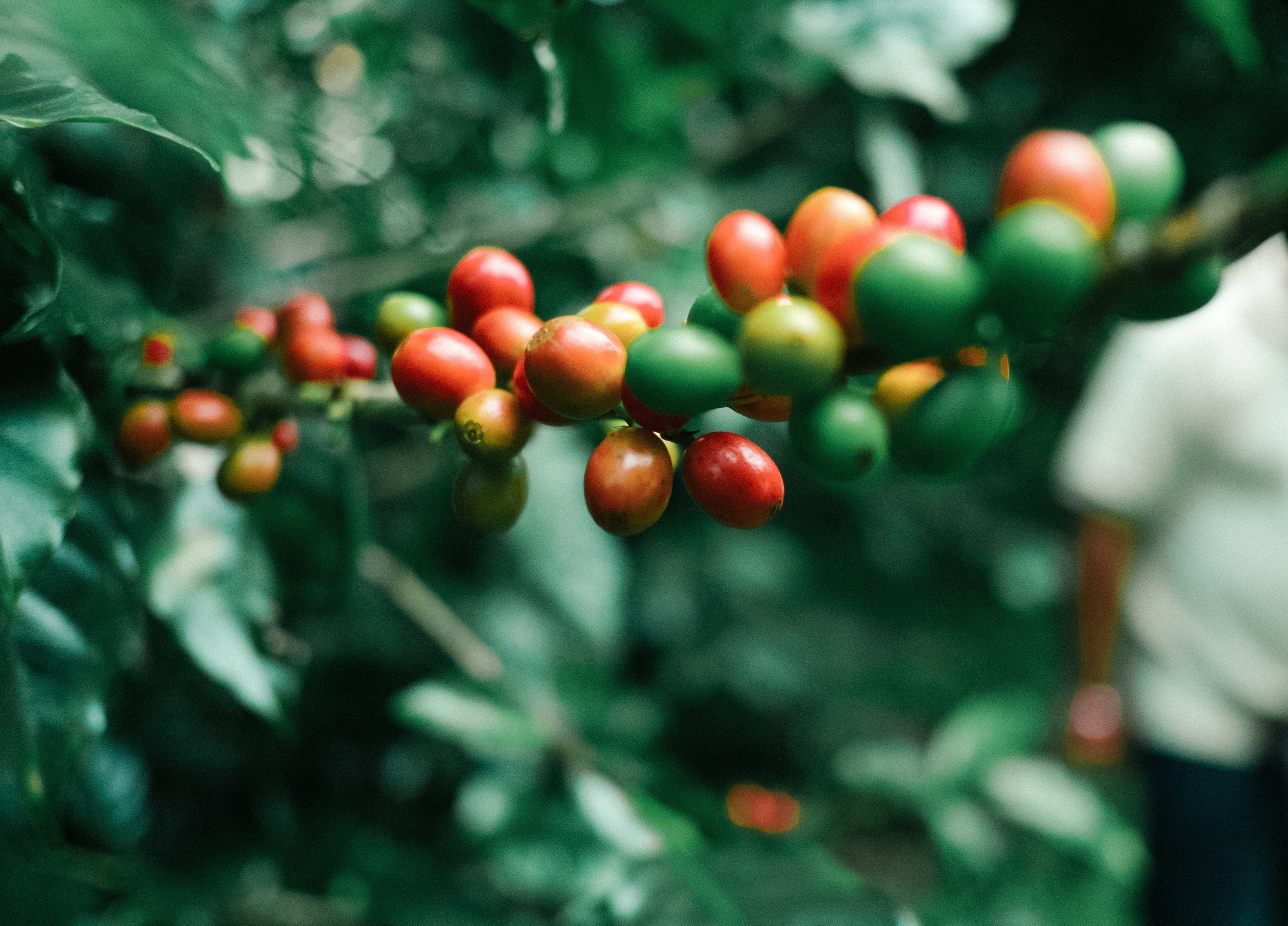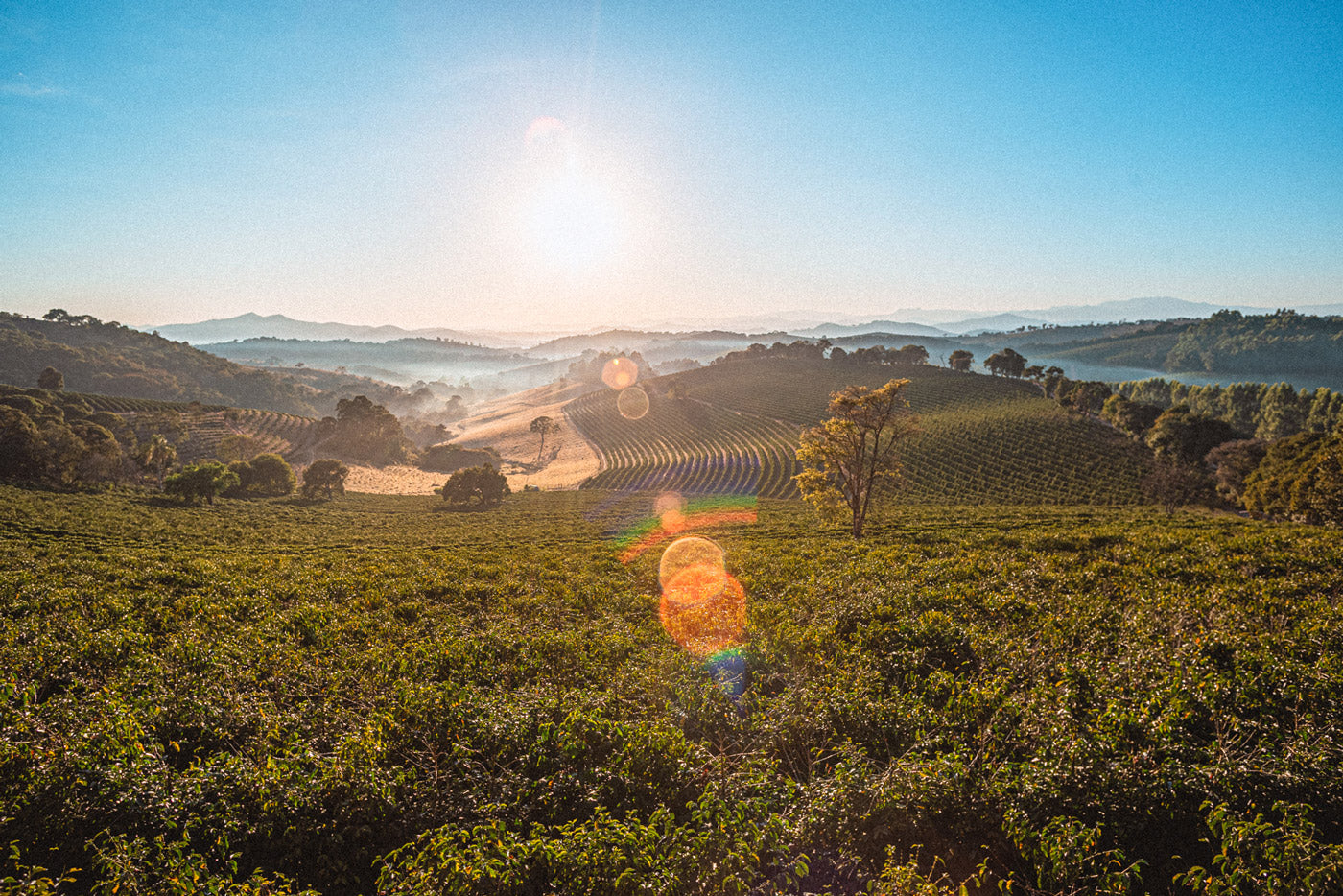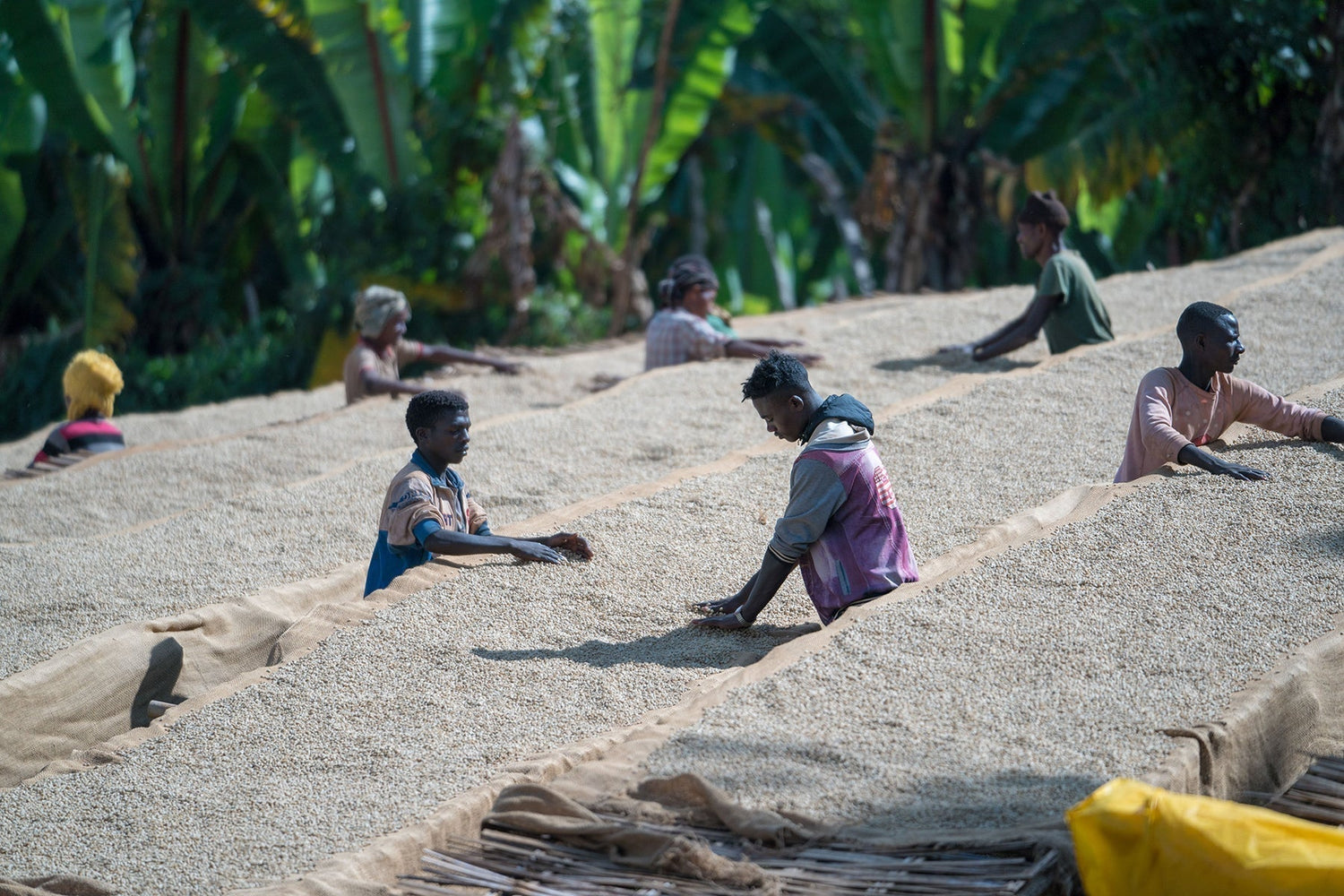Specialty coffee is the best of the best. The crème de la crème of coffee. This top quality is only achieved through a lot of experience and specialization in coffee cultivation. Added to this are the right soil, the climate and optimal processing. We take a close look at specialty coffee and of course tell you what the advantages are for you.
Specialty Coffee – Definition
The Specialty Coffee Association has defined what is and is not specialty coffee. It is coffee that is rated with more than 80 points. So-called Q-graders are used to rate coffee. These are trained experts who taste the coffee being rated and award points according to set criteria.
This results in a score between 60 and 100 points. The higher this number, the better the coffee. The exact ranking is as follows:
- below 80 points: no specialty coffee
- 80 to 84.99 points: Very good
- 85 to 89.99 points: Excellent
- 90 to 100 points: Excellent
As mentioned, a coffee with 80 points or more is a specialty coffee. And with us you will only find coffees with a rating of over 80 points.
Specialty Coffee – it starts with the plant

Specialty coffee is the result of years of careful farming. The coffee farmer cares for his valuable coffee trees with a lot of energy and dedication. The method of cultivation must be decided individually depending on the coffee variety, soil composition and weather conditions. The first harvest can only be brought in and offered for sale after a few years. In order to really obtain the best quality green coffee, we have built up close relationships with our coffee farmers over the past few years. They all share our philosophy of healthy, sustainable use of nature. Regular trips to the growing countries are an important factor, not only to convince us of the quality, but also to maintain personal, appreciative contact with the farmers.
Specialty Coffee – Quality Control
Even if we buy green coffee with a high rating - usually over 85 points - we of course taste it ourselves before we finally buy it. We do this with new coffees, but also with new harvests of already known coffees. We receive so-called samples - small coffee rations of a few hundred grams - which we roast in a test roaster in batches of one hundred grams. The subsequent tasting, also known as cupping, is an important tool for assessing the product quality of the specialty coffee.
During cupping, the coffee is always tasted under the same conditions, so that the quality of the coffee is the only variable that can be evaluated. The specialty coffees are evaluated using a points system, taking into account certain parameters such as aroma, taste, body, balance, clarity of the coffee, finish, acidity, sweetness and any defects in the beans. This is also what the Q-graders do.
Specialty Coffee – check again
The journey from the country of origin to our roastery in Farchant can take a long time. First on shipping containers and then by truck. Unfortunately, mistakes and defects can arise during the journey - fortunately, this does not happen often. But we play it safe and when the green coffee arrives, it is tasted again. Small samples are roasted again on the test roaster. This allows us to determine how the specialty coffee behaves during the roasting process and draw conclusions for roasting on the large roaster. The basic aim of every roast is to bring out the characteristic properties of each coffee. Be it special nut or chocolate notes, special fruit notes, tangy acidity or fine sweetness.
Specialty coffee – roasting
After the test roast, we developed a feeling for which flavor nuances can best be extracted from the coffee beans. We then roast the coffee in one of our smaller roasters. The entire roasting process is done by hand. In order to work consistently, we monitor the roasts using the Cropster software, which is used by many specialty coffee roasters. We roast the coffee gently and slowly, so the aromas develop better and the harmful chlorogenic acid is completely broken down.
Specialty Coffee – how is specialty coffee brewed?
You can basically make anything you want out of specialty coffee. Filter coffee is very common, but you can also make it in a French press or as an espresso in a portafilter machine. What you should always pay attention to - especially with specialty coffee - is the quality of the water used. The pH value is particularly important: if it is too alkaline, this can lead to a bitter cup. If the water is too acidic, the cup may lack body and clarity. A simple solution is a filter cartridge, for example from Brita. If you want to know more, take a look at our article on the subject.
You should also pay attention to the correct grind size, water temperature and dosage. These variables change depending on the preparation method you choose.

Specialty Coffee - Farm to cup
Specialty coffee is also often referred to as third wave coffee. The third wave of coffee has not only ensured that consumers want to drink higher quality coffee, but they are also focusing on sustainability and transparency. The specialty coffee can be traced back from the consumer to the coffee farmer and every step in between is carried out with high quality standards. This is also the case at the Wild Coffee Roastery: We know our farmers, we regularly visit the farms in the countries of origin, we work with our farmers to optimize the cultivation of the coffee in order to harvest even better quality. Then everything from processing to import to the finished roasted bean is checked and carried out under the highest quality aspects. So that only the highest quality ends up in your cup.
Specialty coffee vs. no specialty coffee
The challenge is that specialty coffee is usually produced in very small batches and also costs more than "conventional" coffee. Why is specialty coffee more expensive? Firstly, because - as mentioned - it is produced to a high quality. So there is simply more work in the coffee that has to be paid for. Secondly, this results in very high quality in a small amount of coffee. And if demand is high - and it is high - and the available quantity is small, then the price is higher. It's the same with rare wines, they are also more expensive because more work and better grapes go into them.
In addition, specialty coffee is almost exclusively traded directly, i.e. sold to us directly by the farmers without any middlemen at reasonable prices. This is different with non-specialty coffee. Unfortunately, the product is often grown under dubious conditions, and child labor and exploitation are still a major problem in this industry today. Not as much energy and work is put into processing and the coffee is then traded fairly anonymously on the stock exchange - at significantly lower prices than in direct trade.
Because industrial coffee is all about quantity. And no one will find the name of the farmer on a packet of discount coffee. This is often due to the anonymous purchase and the sheer number of different coffees in one packet. But let's stop bashing industrial coffee. That doesn't make us any better. Our coffee is better because it is simply of higher quality.
Specialty Coffee – how do you recognize specialty coffee?
The most important point in order to recognize specialty coffee from the packaging is transparency. Can you trace the beans back to the bush? Then there is a high probability that you have real specialty coffee. The industry also likes to use words like "specialty coffee", "select" and the like - because the terms are not protected. Here are a few pointers that will show you whether your coffee is specialty or not.
- The origin is disclosed down to the coffee farm and the lot
- The coffee farmers get a name and (maybe) a face
- You will learn everything about coffee cultivation in the respective country of origin
- There are no middlemen
- Sustainability is a top priority throughout the entire value chain
- The roasting is clean, there are instructions for coffee preparation
- The coffee beans are freshly roasted shortly before purchase
Specialty Coffee – Brewers Cup Series

Of course, you can also get a lot of specialty coffee from us. We roast fresh every day and write as much information on the packaging as possible and necessary. Because specialty coffee usually comes in small batches, we have a pretty high fluctuation here - and especially in our Brewers Cup series. Sometimes there are only 5 kilos of a specialty coffee, sometimes a little more, and sometimes a little less. That's why it's important to secure a package immediately if you're interested in a coffee. Because with specialty coffee (especially single origins) you rarely have two harvests that taste the same.
Specialty Coffee Munich
Maybe you don't know if specialty coffee is for you. Then just give it a try. Go to a coffee shop near you - in big cities you will find some that serve specialty coffee - and have one prepared for you. You can drink our specialty coffees at Palmz, Vollaths, Neo Society Munich, the Munzert wine shop, Café Sommer and Kaffeekontor. At some of them you can also buy our packs of beans.
Specialty Coffee - Conclusion
Specialty coffee is many things, but not of poor quality. Specialty coffee is the crème de crème of coffee. The champagne of coffees, the selection, the elite. And just because specialty coffee is often lightly roasted and has a fruity flavor, it doesn't mean that there aren't dark roasted specialty coffees. There are, too. Yes, specialty coffee isn't for everyone - that's something to be admitted. But even I, who drank industrial coffee for many years of my life and was happy with it, have learned to like specialty coffee - as filter coffee, as espresso and in many other preparation variants. And now I basically don't want to drink anything else.


